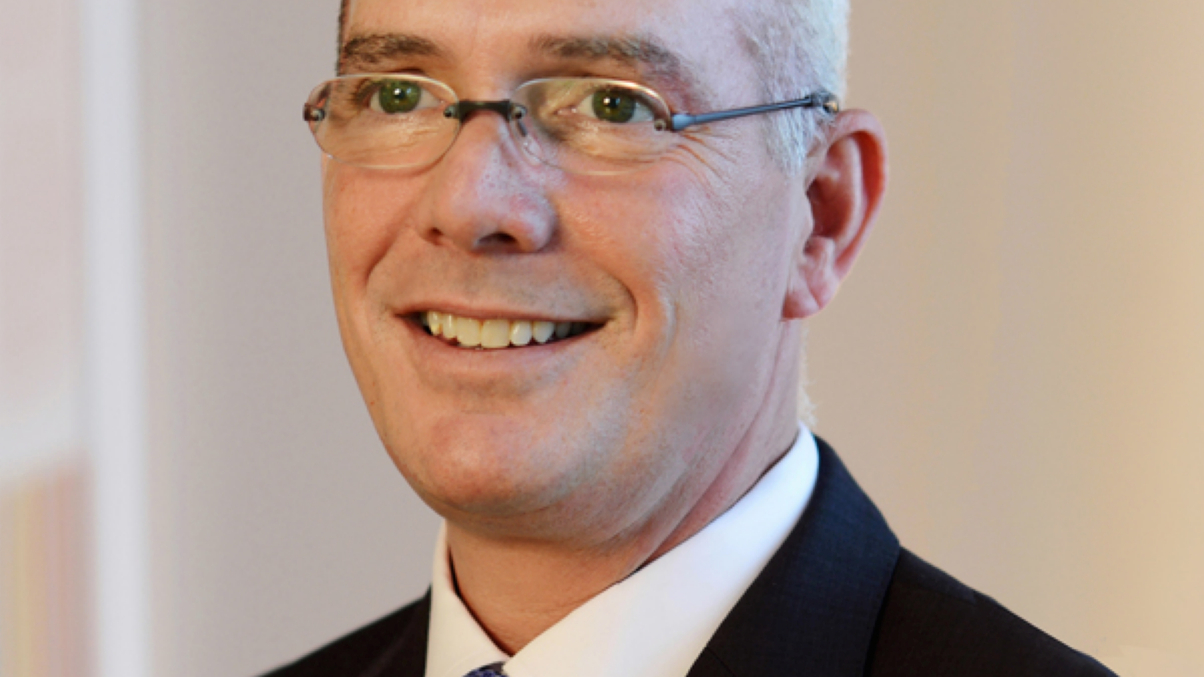Capital Group eyes China expansion, rejects MRF
The US firm will not use the Hong Kong-China mutual recognition of funds scheme but plans to wait for rules allowing direct access to mainland retail clients, says its Asia head.

US asset manager Capital Group feels the mutual recognition of funds (MRF) scheme is not the best way to access China and plans instead to set up an onshore presence and directly access the retail market, when regulators allow it.
Sign in to read on!
Registered users get 2 free articles in 30 days.
Subscribers have full unlimited access to AsianInvestor
Not signed up? New users get 2 free articles per month, plus a 7-day unlimited free trial.
¬ Haymarket Media Limited. All rights reserved.


